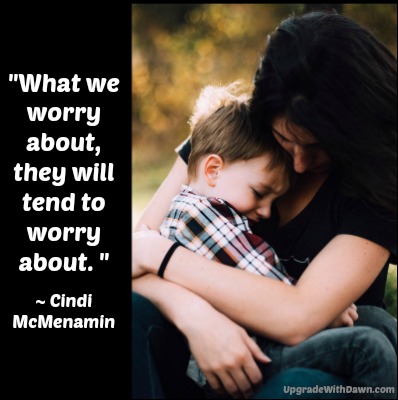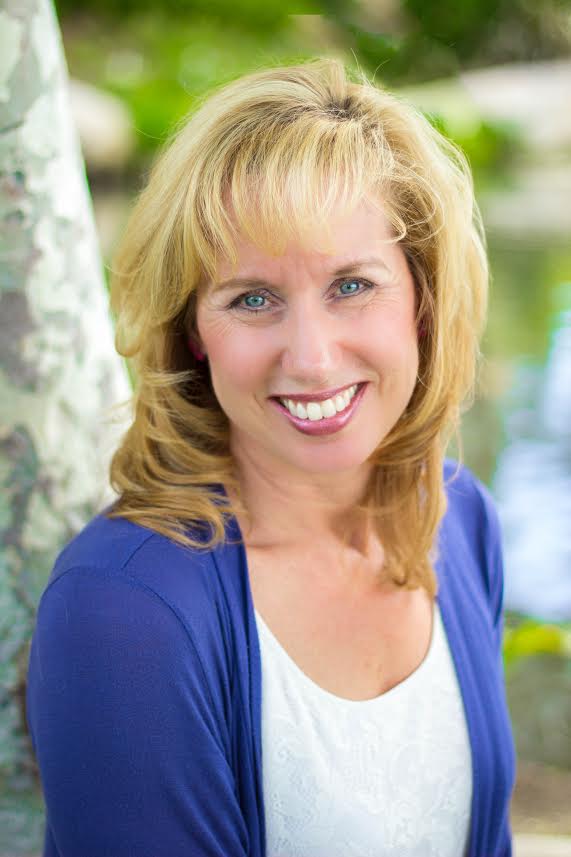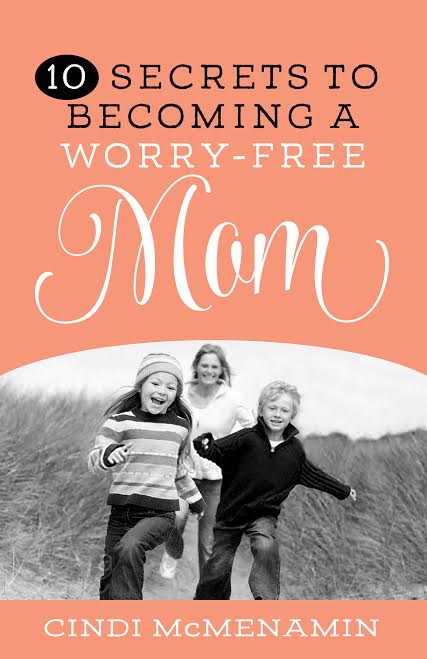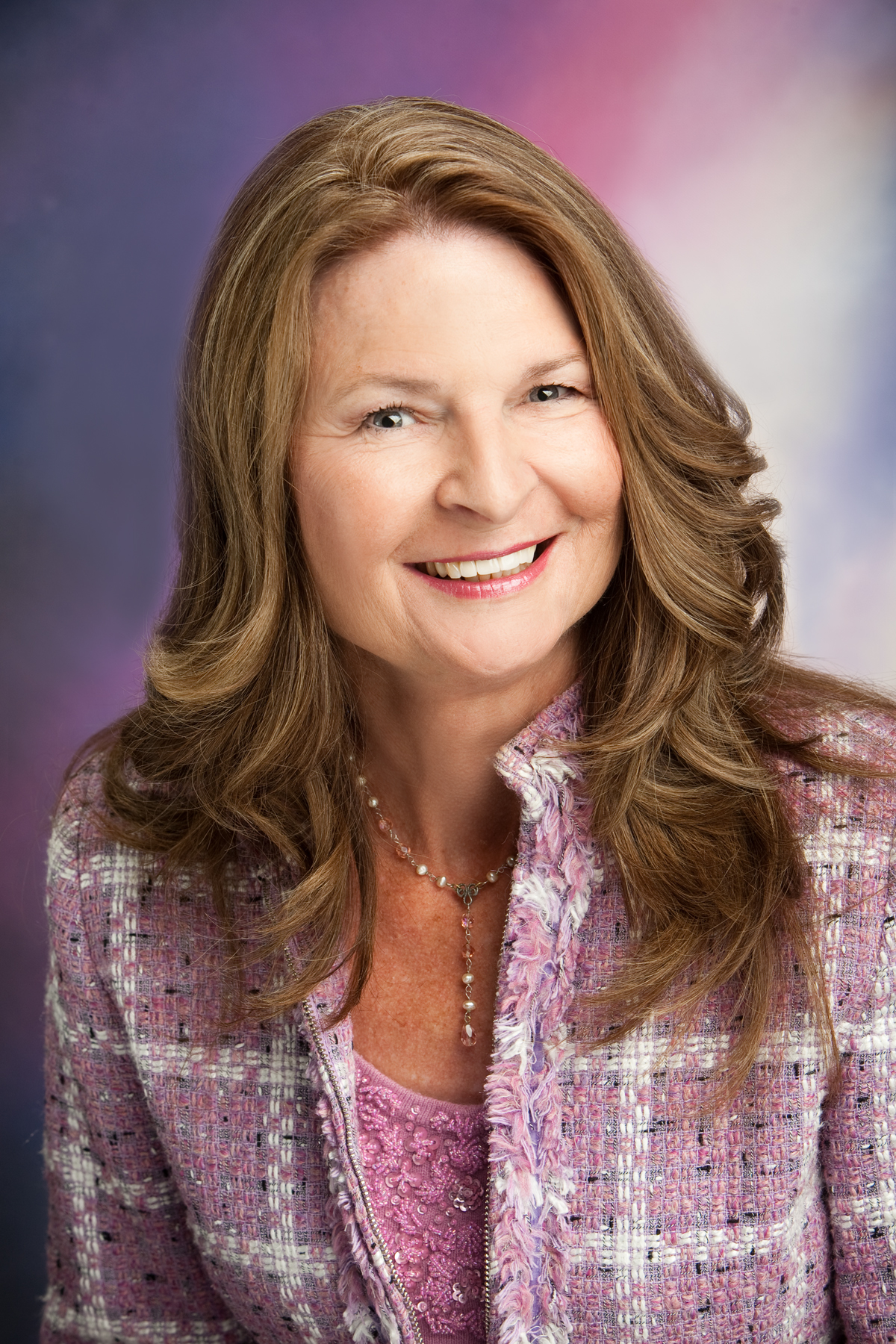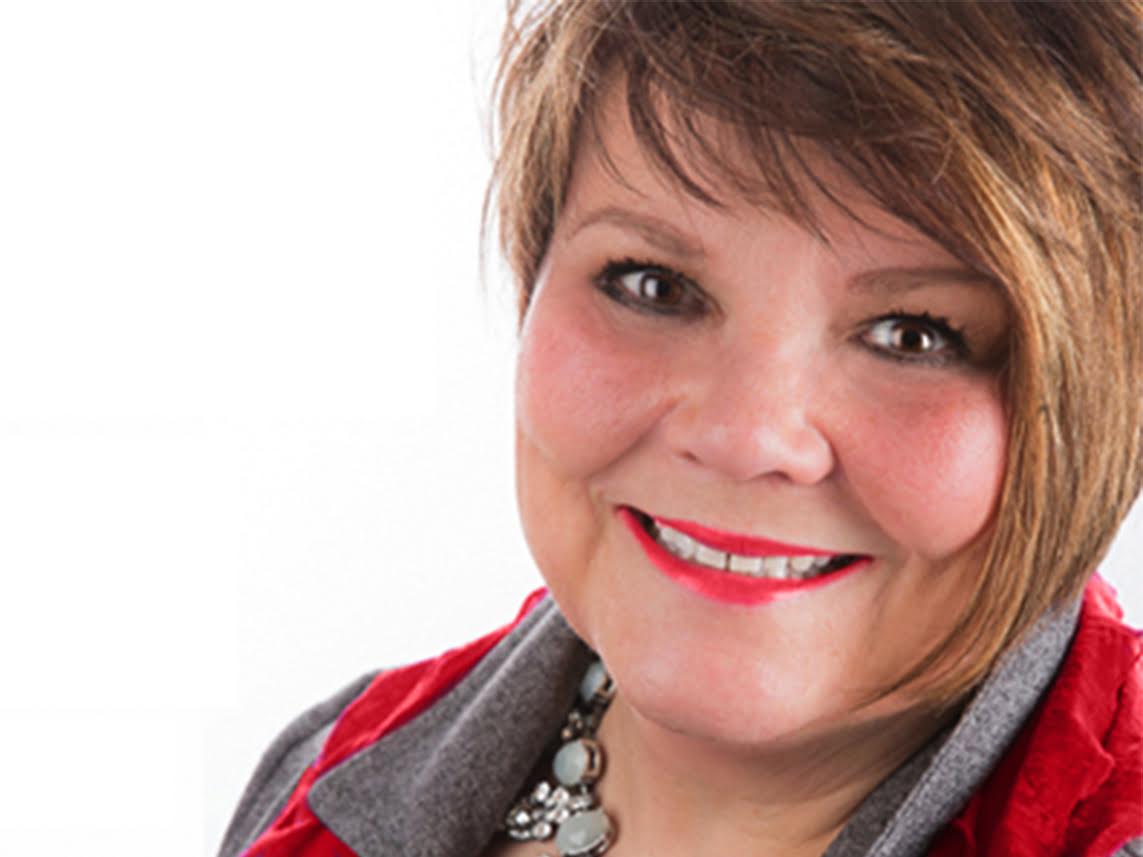Three Women Can Prepare Your 'Christmas Heart'
In this Christmas-season UPGRADE, Dawn Wilson invites us to re-read the Christmas story from a fresh perspective, through the stories of three women.
I’ve read the Christmas story in Matthew and Luke over and over again, but what struck me this year was the three women God used in the story of our Messiah’s coming and childhood.
I received the examples of these women as a gift, and their stories can help you prepare your own “Christmas heart.” Allow the Spirit of God to cultivate a heart that respond to and worships the Lord with fresh wonder.
Here are the lessons I unwrapped from these godly ladies.
1. Elizabeth - Learning to Hope in God’s Promises (Luke 1:5-25, 36-80)
The cousin of Jesus’ mother, Elizabeth played an important role of encouragement. As the wife of a Jewish priest, Zechariah, she no doubt encouraged her husband in the ministry. They were both spiritually mature, called righteous and blameless before God and obedient to His commands. But the Jewish people were getting impatient for their Messiah to come.
The Bible says Elizabeth was barren, and when we are introduced to her she was “advanced in years”—past child-bearing age. Yet God was about to do a miracle! While Zechariah served in the temple, the angel Gabriel appeared and gave them not only a pregnancy announcement, but a name for their soon-to-be son: John. The child would fulfill a special prophecy; John would be the “messenger” of God, preparing the way for the Messiah’s coming.
Zechariah doubted God’s messenger and the angel imposed a penalty for his unbelief; but at John’s birth, Zechariah showed he had grown in faith. Perhaps Elizabeth’s faith grew to a higher level too.
Six months after Elizabeth conceived, Mary heard the good news and went to visit her cousin. Mary—also pregnant at that time—experienced the wonder of her own child leaping in her womb as the cousins embraced; and old Elizabeth declared her joy about Mary’s pregnancy even before Mary mentioned it!
Ever the hope-giver, Elizabeth encouraged young Mary for her own journey.
In due time, Elizabeth’s son grew to minister “in the spirit and power of Elijah” (Luke 1:17) and she indeed saw the wonder of God’s promise.
This Christmas, I want to help people see the wonder of God’s promises, fulfilled in John the Baptist and our Savior, Jesus!
2. Mary - Learning to Trust God with our Future (Matthew 1:18-25; Luke 1:26-56; 2:1-52)
Young and likely still living with her parents, Mary is an example of a woman who surrendered to God’s will and trusted Him for her future. She is described as “highly favored” in scripture, meaning she fully received God’s grace; but she acknowledged her need for a Savior. An ordinary Jewish girl, God chose to use her in an extraordinary way.
She was engaged to, and later married, a carpenter named Joseph. As a virgin, she gave birth to Jesus by the Holy Spirit. She and Joseph had no sexual union until after the birth of Jesus. (They had other children later—Jesus’ half-brothers and sisters.)
Mary is an example to us of trusting God with our future, no matter how uncertain or painful.
She knew God would do a mighty work through her son, God’s “only-begotten” Son, the One who made possible the believer’s sure hope for eternal life.
Mary never received worship, adoration or prayers herself, but she pointed all glory to God alone (Luke 1:46-49).
This Christmas, I want to worship and adore the Lord, and remember my loving Father in heaven has all my tomorrows firmly in His hands.
3. Anna - Learning to Pray until the Answers Come (Luke 2:36-38)
There are only three verses in scripture about Anna, but they are rich in truth.
Like Miriam, Deborah and only a few other women in scripture, Anna was a prophetess. She was also an elder widow dedicated to the Lord. Scholars debate whether she was 84-years-old or 104 when she met Jesus.
Regardless of her age, she never left the temple after her husband’s death. She “worshiped night and day, fasting and praying.”
God's people were waiting and waiting for the Promised One, the coming Messiah.
Anna prayerfully waited too. And her prayers of faith were richly rewarded.
Simeon was a fellow-servant in the temple (verses 22-35). Simeon set the stage for an important response by Anna. After he saw Jesus and said his eyes had seen God’s “salvation”—the one who would enlighten the Gentiles and bring glory to God’s people, Israel—Anna spoke up.
The Bible says she came to the place where Jesus was being dedicated in the temple that very moment and began to “give thanks to God and to speak of him to all who were waiting for the redemption of Jerusalem.”
Her prayers, all Israel’s prayers, had been answered. The Messiah had finally come!
This Christmas, I want to thank my Father God for the Messiah’s coming, and recognize Him afresh as the Promised One ... MY Promised Savior.
Join with me this Christmas:
- Hope in God’s promises.
- Trust God for your future.
- Pray with confidence and expectancy.
And rejoice! The Redeemer has come!
Do you need hope, faith, a more expectant spirit? How can the example of these three godly women encourage your heart today?
Dawn Wilson, founder and President of Heart Choices Today, is a speaker and author, and the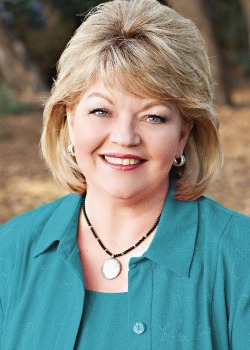 creator of three blogs: Heart Choices Today, LOL with God (with Pam Farrel), and Upgrade with Dawn. She is a contracted researcher/reviewer for Revive Our Hearts and a writer at Crosswalk.com. She and her husband Bob live in Southern California and have two grown, married sons, three granddaughters and a rascally maltipoo, Roscoe.
creator of three blogs: Heart Choices Today, LOL with God (with Pam Farrel), and Upgrade with Dawn. She is a contracted researcher/reviewer for Revive Our Hearts and a writer at Crosswalk.com. She and her husband Bob live in Southern California and have two grown, married sons, three granddaughters and a rascally maltipoo, Roscoe.
Graphic of Mary and Elizabeth, a painting by Sebastiano Del Piombo.
 Post a Comment → Posted on
Post a Comment → Posted on  Monday, November 27, 2017 at 9:43PM
Monday, November 27, 2017 at 9:43PM  Anna,
Anna,  Christmas,
Christmas,  Christmas Heart,
Christmas Heart,  Dawn Wilson,
Dawn Wilson,  Hope,
Hope,  Mary,
Mary,  Mary and Elizabeth,
Mary and Elizabeth,  Messiah's coming,
Messiah's coming,  Prayer,
Prayer,  Redeemer,
Redeemer,  Trust God,
Trust God,  Upgrade with Dawn Upgrade Your Life
Upgrade with Dawn Upgrade Your Life  Christmas
Christmas 




